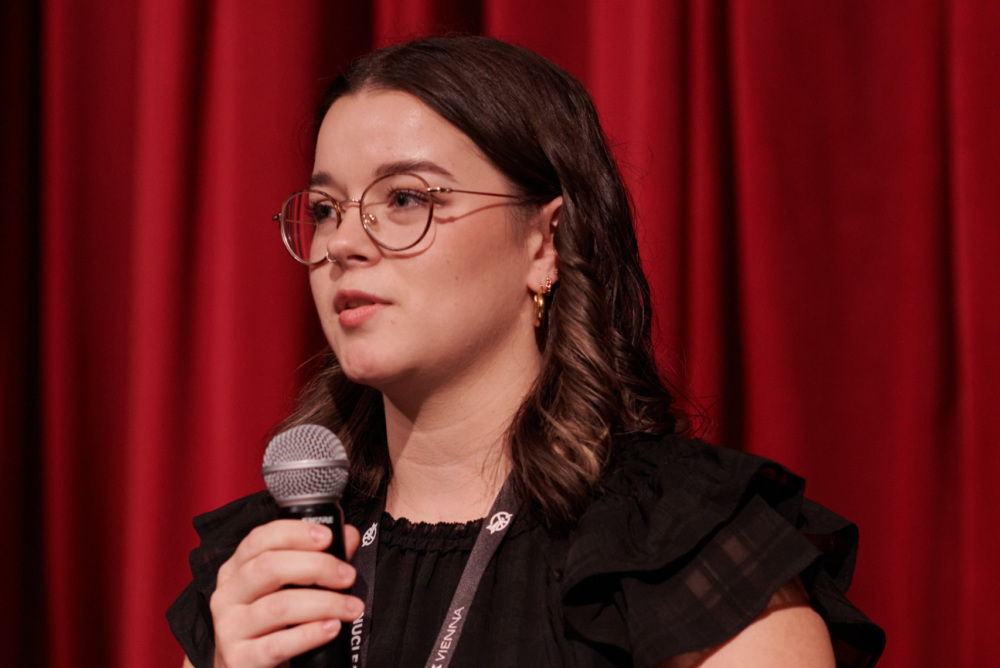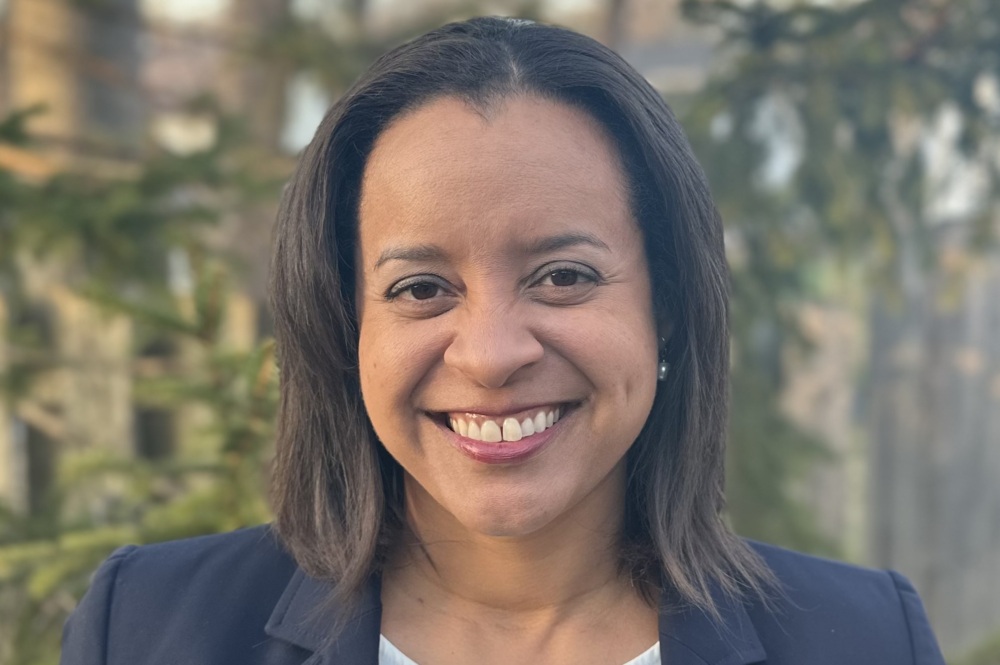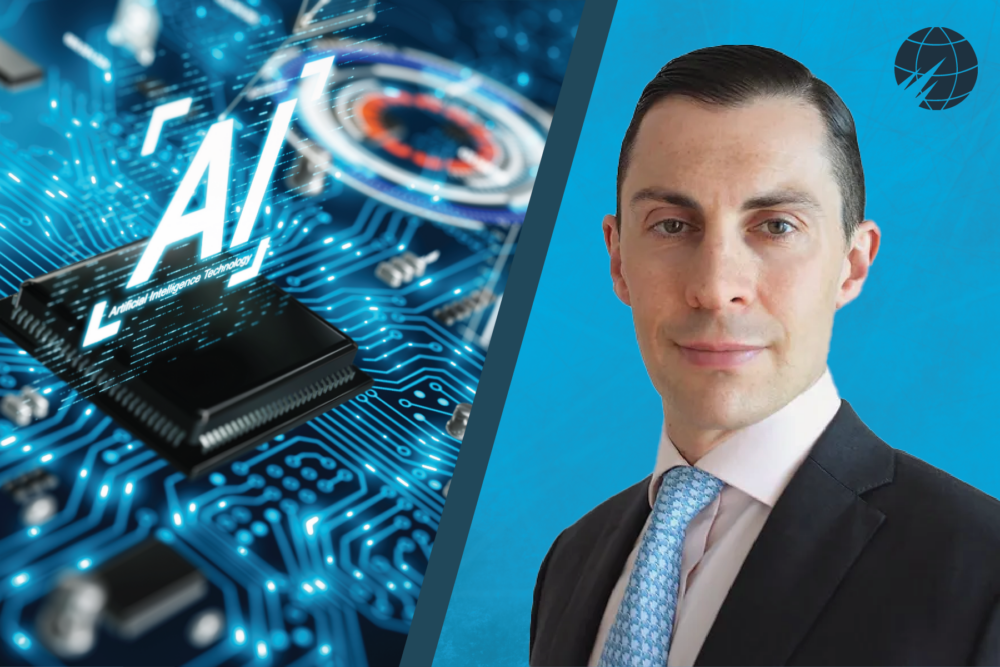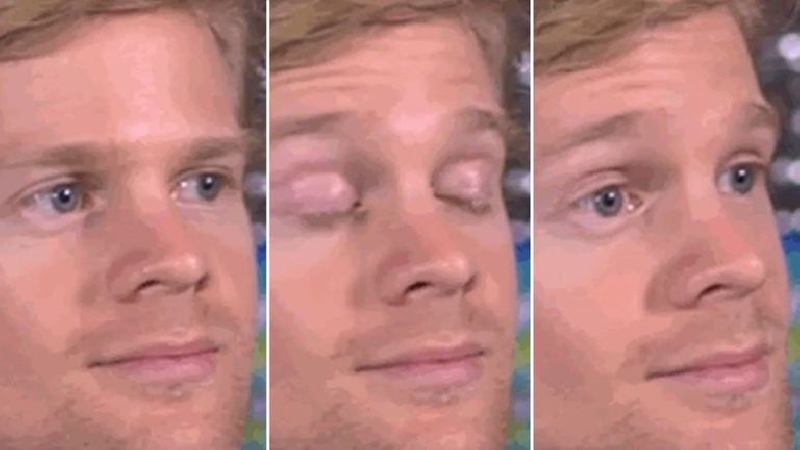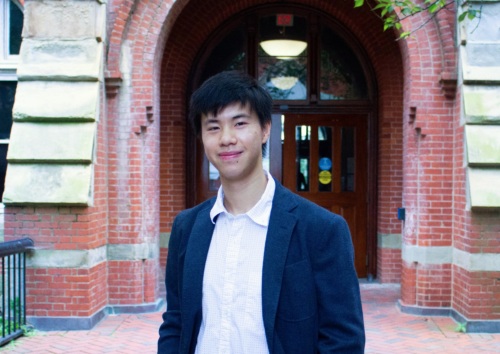
Jupiter Huang
Intern, Communications
Atomic Pulse
NTI’s “Young Voices” series highlights early-career professionals making their mark as part of the community of experts and practitioners tackling today’s existential threats. At a time of heightened international peril—with wars ranging in regions of the world with nuclear weapons, new arms races underway, and growing concern about emerging biological threats—it is crucial to build capacity in the national and global security space and support the next generation of leaders. This series reflects NTI’s commitment to uplift a range of voices and ideas, including those that have traditionally been underrepresented; help break down stereotypes that contribute to generational divides on security; and give a platform to young people to share creative, innovative ideas that address the evolving threats posed by weapons of mass destruction and disruption.
Jupiter Huang, NTI’s Communications intern, had the opportunity to speak with Mackenzie Knight, the program associate for Global Risk at the Federation of American Scientists (FAS), for this inaugural post of the Young Voices series.
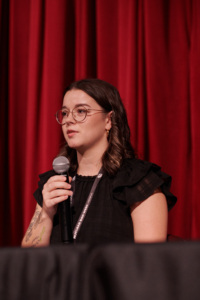 Mackenzie received a Master’s degree in Nonproliferation and Terrorism Studies from the Middlebury Institute of International Studies in May 2023. She earned two bachelor’s degrees from Indiana University in 2021: Middle Eastern Languages and Cultures and an individualized degree in Policy and Intelligence Analysis with a concentration on WMD. She worked at FAS as a 2023 Herbert Scoville Jr. Peace Fellow, serves as a Working Group Chair with BASIC’s Emerging Voices Network policy cycle, and is a co-organizer of Gin & Atomics, an informal happy hour network for people in the nuclear space to socialize and build community.
Mackenzie received a Master’s degree in Nonproliferation and Terrorism Studies from the Middlebury Institute of International Studies in May 2023. She earned two bachelor’s degrees from Indiana University in 2021: Middle Eastern Languages and Cultures and an individualized degree in Policy and Intelligence Analysis with a concentration on WMD. She worked at FAS as a 2023 Herbert Scoville Jr. Peace Fellow, serves as a Working Group Chair with BASIC’s Emerging Voices Network policy cycle, and is a co-organizer of Gin & Atomics, an informal happy hour network for people in the nuclear space to socialize and build community.
What got you interested in working on nuclear issues? To borrow a popular metaphor in this space, how did you “fall” into the field?
I would say mine was less of a fall and more kind of a gradual slide into the field. When I went into undergrad from high school, I wanted to be a diplomat. I went in studying Arabic and Middle Eastern studies and then international studies. The more classes I took, the more I started getting interested in security studies.
I took one class called U.S. Foreign Policy in the Nuclear Age during my sophomore year of undergrad, and the professor was just phenomenal. Her name was Dina Spechler. She held everybody’s attention because she was just a storyteller. The whole class was about the history of the U.S. nuclear program and all the arms control agreements with the Soviet Union up to almost the modern day.
The following year, I was a TA, and my professor invited Sarah Bidgood, who was then at the Center for Nonproliferation Studies (CNS), to come talk to our class. Sarah asked if I was interested in continuing working on and studying nuclear weapons, and I said yes. She told me to apply for CNS’s undergrad summer program, I did, and the rest is history.
What subject, developments, or issue area do you find particularly exciting or motivating for your work ahead?
One is tracking developments by China, Russia, and the United States in terms of their nuclear modernization—evaluating whether or not we are headed into an arms race or at risk of heading into one, at the very least. I’m really interested in work focused on making sure an arms race doesn’t happen—trying to identify the most appropriate and effective ways for the United States to react to China’s expanding arsenal and to Russia’s, increased nuclear modernization and nuclear threats, and basically, trying to identify how bad the situation really is.
The other area I’m particularly interested in is the history of the U.S. modernization program for its nuclear arsenal. My recent focus has been exploring the Sentinel ICBM (intercontinental ballistic missile) program: How did how did this program for a new ICBM come about? Who made it happen? Who were the real movers and shakers? And how did we get to the point now where it’s vastly overbudget and behind schedule?
Could you speak to a particularly memorable experience in your work thus far?
The thing that comes to mind first is my experience speaking on a panel of experts at the International Campaign to Abolish Nuclear Weapons (ICAN) campaigners meeting leading up to the 2023 Nuclear Ban week in New York. They asked me to present on the FAS Nuclear Information Project’s work on what is the current status of global nuclear forces. Basically, how bleak is the picture going in?
It was the first time I was asked to speak on a panel of experts and not just a youth side panel at the main event. It was terrifying because I was literally sitting in the middle of two people who had their PhDs, had been in the field for a couple decades, and who I looked up to and recognized because of their work. But it was also really cool because it was the first time that I realized “Oh, wow, somebody is acknowledging that I have expertise to share on the same level with these other people.”
Everybody was just so kind and supportive and just really uplifting. I felt like it was the first time that I recognized myself as an expert, [and] other people recognized me as an expert.
You mentioned that before that panel, you didn’t really see yourself as an expert. That seems to be a very common thing for young professionals to ‘put themselves down.’ Could you speak about a challenge you’ve faced working in the field, and how did you confront or overcome it?
That’s the general theme of imposter syndrome, but I do think it’s a little bit more nuanced than that in the security and nuclear field, because it’s not just the feeling that you’re not good enough to be doing the work. Because this field is full of jargon and wonky terms and generational knowledge, it’s really hard as a young person to feel like you know enough to be a part of conversations.
It’s also hard to find your voice in this field. Part of it is finding it yourself and gaining that confidence, but the other part is finding the established people in the field who allow you to have a voice and are willing to give you the microphone. When you have the mentors in the mid-to-late career folks providing you those opportunities—like my bosses having no problem with me representing FAS on that panel—it makes a huge difference in getting past the imposter syndrome.
Half of the battle is acknowledging that you will never know everything. You can’t just wait until the moment where you’re like, “okay, now I know enough to participate in the conversation,” because that moment is never going to come. You’re never going to feel like you know enough, and there’s always going to be somebody who, on a very specific subject, knows more than you do. But that can’t stop you from participating in the conversation because that’s how you’re going to learn more.
How do you hope the field will evolve going forward? In an ideal world, what is the “endgame” in 20 to 25 years?
The field is a big place and people have very different end goals in mind. For myself, I would say the dream is that there are no nuclear weapons on Earth anymore. The more realistic hope, I guess I would say, is that there have been significant arsenal reductions around the world. I hope there will be no new nuclear states in the next 25 years.
In terms of the nuclear policy field itself, I hope that it looks more diverse than it does now. I hope there are more young people, a lot of new people wanting to do the work. There are incredible people in the field now, and I’ve made some amazing connections and love the people that I work with, but it can be a really difficult field to work in if you are not, you know, an older white man. That is something that I hope will change, soon. It hopefully doesn’t take 20, 25 years to do that.
What’s an activity or hobby of yours that helps you ‘escape’?
I have to have hobbies to stay sane. I read a lot, but I read a lot of fantasy books. I almost never read nonfiction because I just spend all day, every day reading really dense articles and books… about nuclear weapons and security studies. So, when I go home, I want to read about fairies and elves, not reality.
I am also an artist. I haven’t yet gotten to the point where I’ve merged art and nukes and done any art related to the work I do in the nukes space. It’s something that I keep kind of separate, and I’m not sure yet if I want to merge them or if I want to keep art as something that I do as more of an escape and hobby in personal life.
That’s so relatable. Yeah, someone needs to remind me that coming home and reading Nuclear War: A Scenario before bed is not the best idea.
I’ve literally had to set this boundary for myself. I have my personal book at home that I read before bed and on the weekends. I’m also reading Nuclear War by Annie Jacobsen now, but I keep that in my work bag, and I only read it while I’m commuting to and from work, and during the workday if I have a break. Because that’s work!
Young Voices Creative Highlight
Though she isn’t yet set on merging arts and nukes herself, Mackenzie recommends readers explore the work of Artists Against the Bomb. She pointed out some of her favorite pieces from their exhibits:

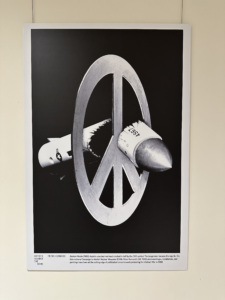
Sign up for our newsletter to get the latest on nuclear and biological threats.
For Black History Month, Jupiter Huang, NTI’s communications intern, had the opportunity to ask Tiffany Blanchard-Case, director of the Office of Nuclear Material Removal and Elimination at the National Nuclear Security Administration (NNSA), about the importance of mentorship and her advice for young people interested in working on nuclear issues.
On October 11, NTI hosted Dr. James Johnson for a virtual seminar moderated by Senior Advisor to the NTI President Douglas Shaw to learn more about the consequences of AI technology for the nuclear age and what governments and experts should do in response.
Behind the scenes on a new social media strategy at NTI.
